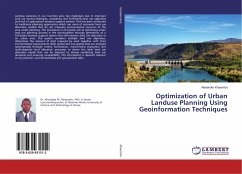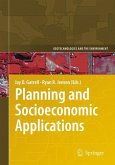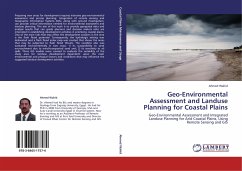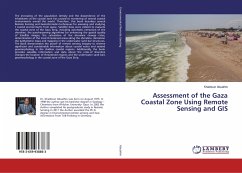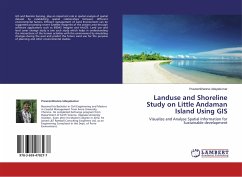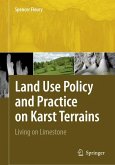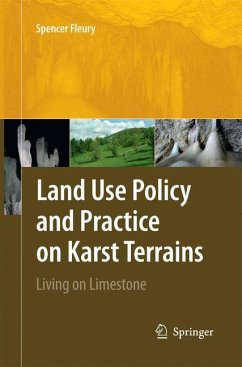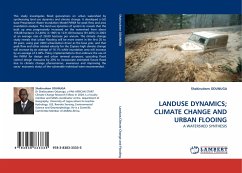Landuse planning in our Counties pose big challenges due to improper land use zoning strategies, competing and conflicting land use objectives and lack of appropriate decision support systems. This has been attributed to traditional planning approaches which use more of economic land use allocation models that do not integrate environmental concerns of the area under planning. The procedures in this book aim at optimizing urban land use planning process in the municipalities through generation of a GIS-based decision support system that will enhance land use allocation in an urban area. The system considers multiple land use objectives, determines the amount of land required by each together with their environmental requirements. Both spatial and non-spatial data are analysed systematically through criteria formulation, multi-criteria evaluation and multi-objective land allocation processes to derive the ideal land use allocation model that can be adopted to solving conflicting land use demands and ensuring compatibility. This information is deemed relevant to city planners, environmentalists and geoscientists alike.

